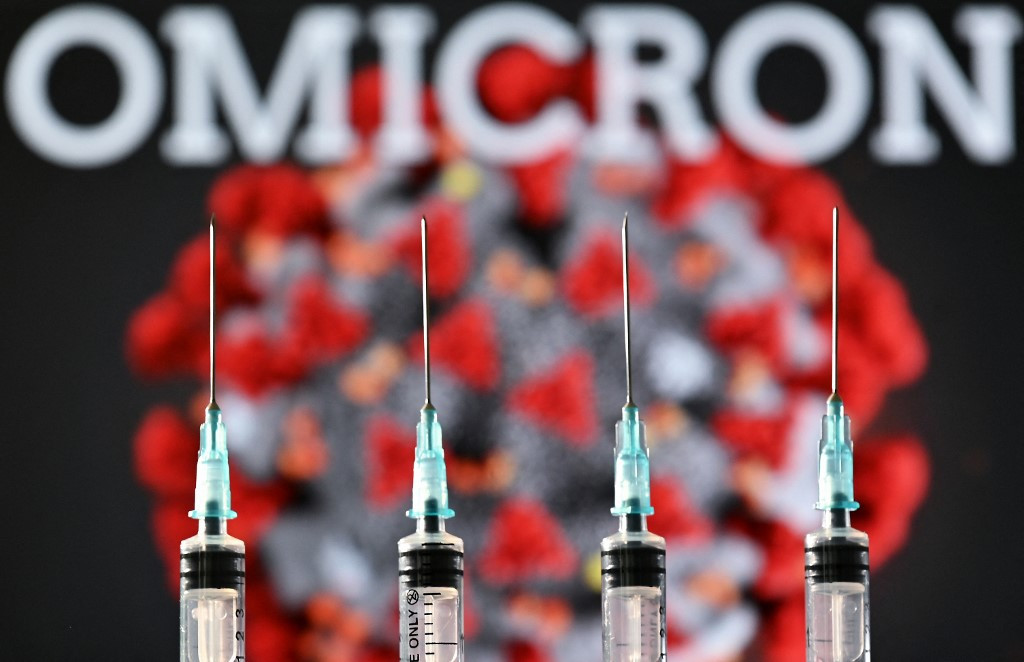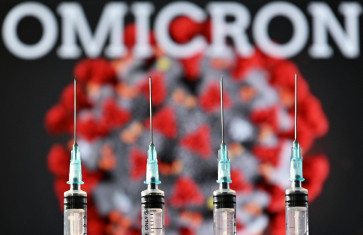Popular Reads
Top Results
Can't find what you're looking for?
View all search resultsPopular Reads
Top Results
Can't find what you're looking for?
View all search resultsSome antibody drugs for COVID-19 may not be effective on Omicron
The findings by Yoshihiro Kawaoka, a professor of virology at the University of Tokyo's Institute of Medical Science, and others were published in the New England Journal of Medicine on Wednesday.
Change text size
Gift Premium Articles
to Anyone
S
ome antibody medicines including Ronapreve may not be effective against the highly-mutated Omicron variant of the coronavirus, according to researchers at Japanese and US institutes.
The findings by Yoshihiro Kawaoka, a professor of virology at the University of Tokyo's Institute of Medical Science, and others were published in the New England Journal of Medicine on Wednesday.
The researchers examined the neutralizing ability of approved and investigational therapeutic antibodies against Omicron and other variants of concern.
The outcomes of their study, in which medicines were given to cultured cells of people exposed to the virus, showed that a Ronapreve antibody cocktail retained activity against Beta and Gamma variants but lost inhibitory capability against Omicron.
In the meantime, the results suggested the oral drug molnupiravir and the IV drug remdesivir are likely effective against the highly-contagious variant.
Sotrovimab, a monoclonal antibody drug, exhibited some efficacy against Omicron but it was lower compared with other variants including Delta.
The Japanese Ministry of Health, Labor and Welfare decided in December not to recommend the administration of Ronapreve on patients who are potentially infected with the Omicron variant.



















